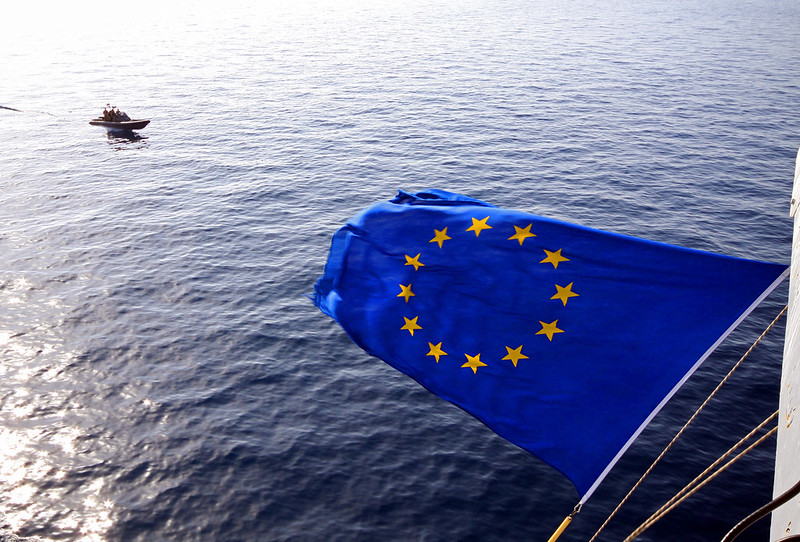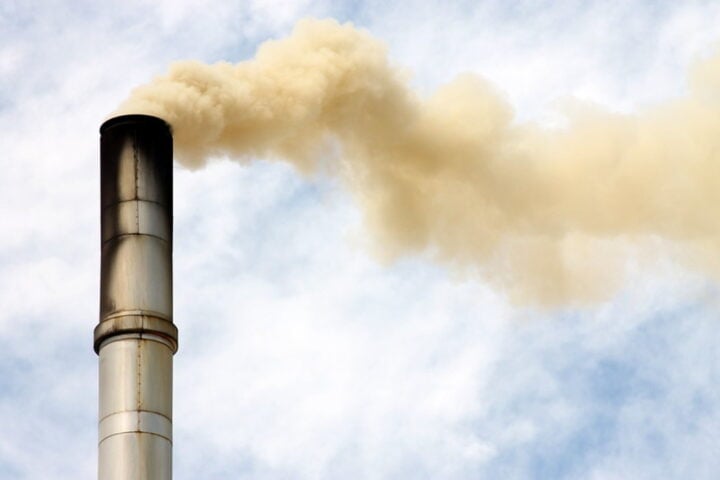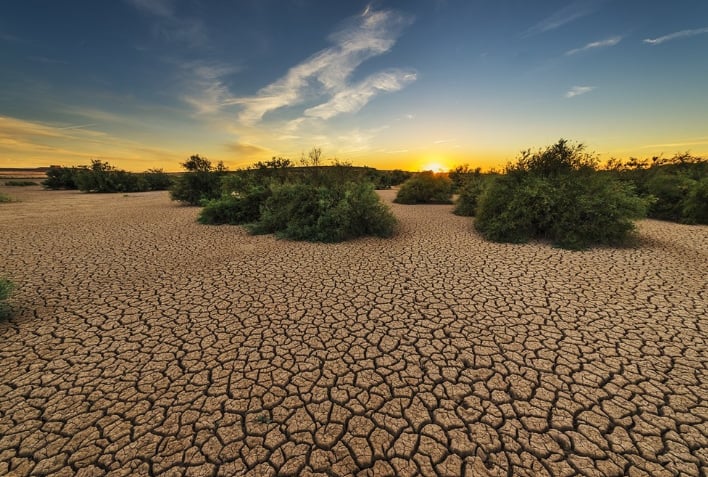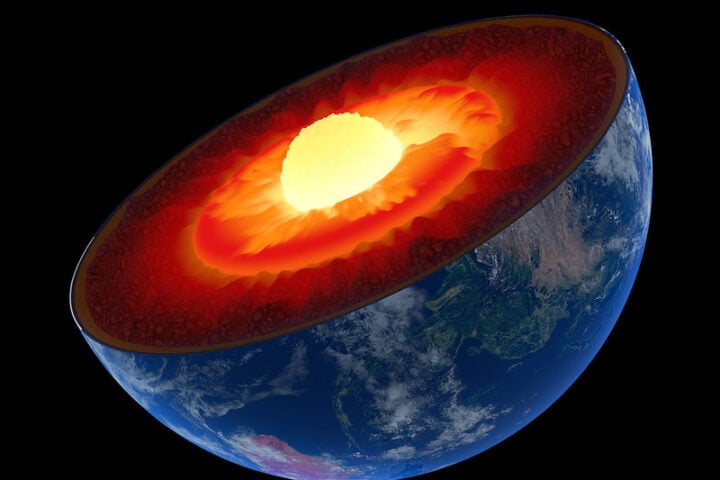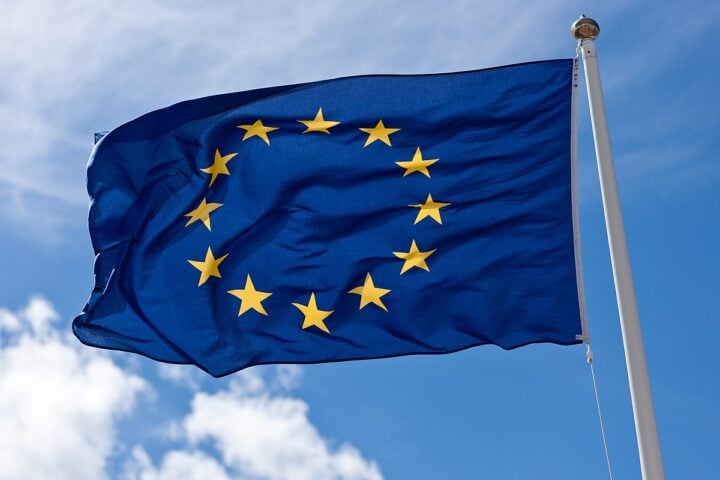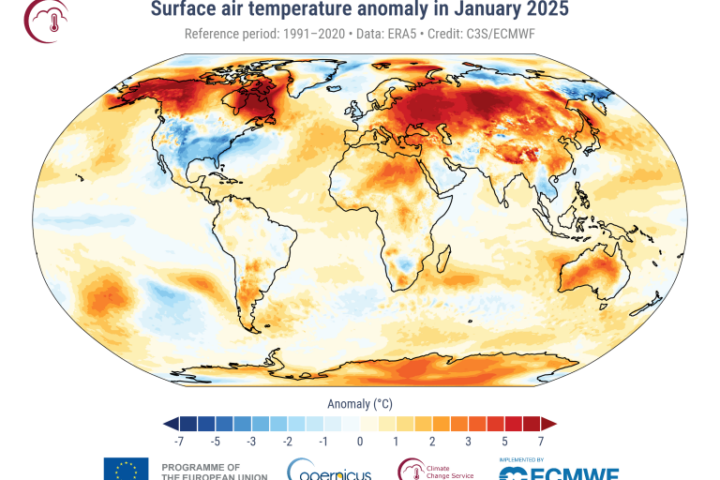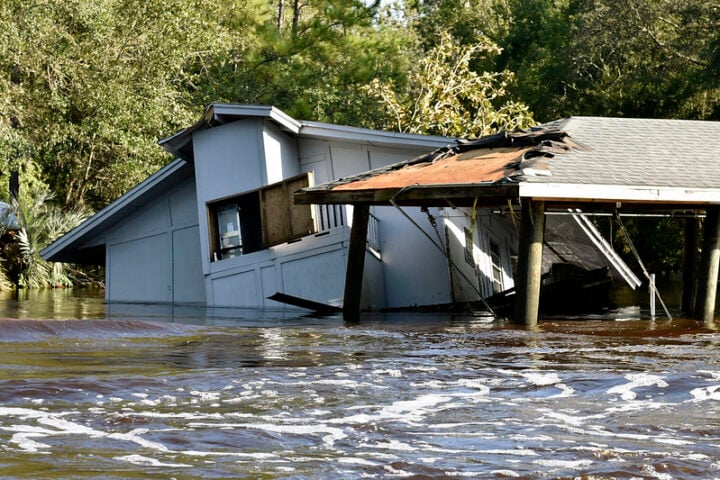This Monday, a new regulation came into force that expands and strengthens the list of environmental crimes in the European Union through criminal law, imposing sentences of up to ten years in prison for ecological crimes that cause death. The directive was approved in March by the European Parliament and a month ago by the European Council.
“ It will ensure that the most severe breaches of environmental rules are considered as crimes and that the key role of environmental defenders is acknowledged,” stated European Commissioner for the Environment, Virginijus Sinkevicius, in a press release.
The new directive replaces the previous 2008 law. It increases the number of actions considered crimes of this type from nine to twenty. New crimes include timber trafficking, illegal recycling of polluting ship components, and serious violations of chemical legislation. These are added to other crimes already on the list, such as discharges from ships, illegal logging, and the introduction or marketing of invasive species.
Member states will now have to adapt their national laws to the directive and toughen penalties when any of the serious offenses described in the directive cause “serious widespread and substantial damage or destruction of the environment.”
The regulation does not include the concept of “ecocide,” as requested by the European Parliament, but it does include the concept of “qualified crime,” which will apply when a crime covered by the directive is committed intentionally and causes environmental destruction or irreversible or long-term damage. This would include large-scale forest fires or widespread air, water, and soil pollution.
As for sanctions, they will depend on the duration, severity, or reversibility of the damage. The maximum prison sentence for qualified crimes will be at least eight years. For other crimes, the prison sentence will be up to five years. However, intentional crimes that cause a person’s death will be punishable by a maximum prison sentence of at least ten years, although member states may decide to establish even harsher penalties in their national legislation.
“Environmental obligations are designed to protect the delicate and fragile ecosystems that we rely on to survive. Those who breach such obligations put our health and our environment at risk. It is every bit as criminal a behaviour as other types of serious crimes,” said European Commissioner for Values and Transparency, Vera Jourova.
The directive also defines specific types and levels of sanctions for individuals and legal entities so that all offenders are required to restore the damaged environment and provide compensation, in addition to facing fines. For companies, fines will reach 3% or 5% of their annual global turnover or, alternatively, 24 or 40 million euros, depending on the nature of the crime.
The regulation also establishes that professionals fighting environmental crimes must have access to sufficient resources and appropriate training and guarantees support and assistance to environmental defenders in criminal proceedings, the European Commission reminded.
According to data from the European Council, environmental crime is the third-largest criminal activity in the world, growing between 5% and 7% each year, with losses ranging from 1.1 to 2.81 billion dollars annually. Between 2018 and 2021, 829 people were arrested in the European Union for committing such crimes.
Similar Posts
The Environmental Crimes Directive is connected to the new community regulation on Waste Transfers, which also comes into force this Monday and establishes stricter rules for exporting waste to countries outside the EU, which has increased by 72% since 2004, reaching 35 million tons in 2023.
49% of this exported waste goes to countries that are not members of the Organization for Economic Cooperation and Development (OECD), the so-called “club of rich countries,” where it is assumed that rules and oversight maintain some harmony.
“The new Directive introduces several new offence categories, such as unlawful ship recycling, unlawful water abstraction, serious breaches of EU chemicals and mercury legislation, serious breaches related to dealing with fluorinated greenhouse gases, and serious breaches of legislation on invasive alien species,” emphasized the European Commission.
The directive stipulates that, starting May 21, 2027, EU waste exports to non-OECD countries will only be allowed if these countries inform the European Commission that they are willing to import waste and demonstrate that they can manage it sustainably. The European Commission will also monitor waste exports to OECD countries and take action if such exports create environmental problems in the destination country and will modernize procedures within the EU to facilitate and track transfers.
